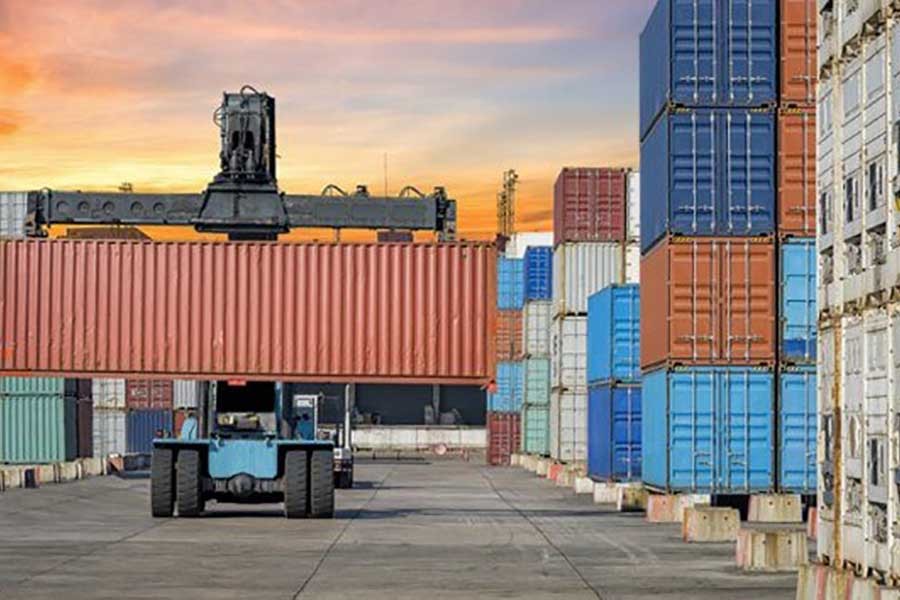Capital flight often suspected to be imbedded in the country's import practices is yet to face any tough challenge, although monitoring at various levels can identify the modes of operation and help taking effective measures to stop the fraudulent activity. There were occasions in the past when this crooked practice was attributed to importing-fake for the most part or imports showing highly inflated bills through overinvoicing. One clear indicator that makes one suspicious is alleged imports that match neither the demands of local market nor of the industrial sector. This was the case with sudden surge in 'import' of capital machinery a couple of years ago. Ground reality at that time did not suggest that imports actually took place or if at all, not in such huge volumes. Presently, there is a strong feeling that in the name of import of cotton and few other items of astonishingly large volumes, capital flight is back to its merry ride.
There are some strong fears, particularly among the country's research bodies dealing with trade, about opening of floodgates to capital flight in recent times by way of supposed import of cotton, edible oil and sugar. While import payments of these items have soared to astounding levels, some serious doubts remain about whether such imports have actually taken place. In the unlikely event of imports taking place, the value shown as import payments is highly questionable that in turn makes the imports dubious. Figures revealed by a think tank show that import payments of cotton, sugar and edible oil in the past four months of the current fiscal have surged more than 75, 50 and 39 per cent respectably compared to those of the corresponding period of the last fiscal.
This rise in imports is, apparently, not consistent with local demand nor with the industrial needs. Besides, stable prices of these items, especially of raw cotton, in the global market, do not validate high import cost. Over and above, there has not been any fall in the import of yarn and fabric for the country's garment sector; neither has there been a sudden spurt in investment in the spinning sector that could have alluded to massive import of cotton.
Call it money laundering or capital flight, it is well established that every year, reportedly, $8.0 to $9.0 billion fly away from the country, and that 80 per cent of this is orchestrated through manipulating invoices, by way of over-invoicing. Although the issue has been setting the alarm bell ringing for quite a while, no actions have been reported so far. The National Board of Revenue (NBR) and the central bank are obviously the agencies on which the onus lies more than on any other state bodies. Understandably, all it takes is close coordination between the two agencies, preferably by means of jointly tracking suspicious imports - from the stage of opening of letters of credit to clearance of goods. Beside the additional burden of import payments arising from the illegal practice, it is also responsible to discourage investment at home.


